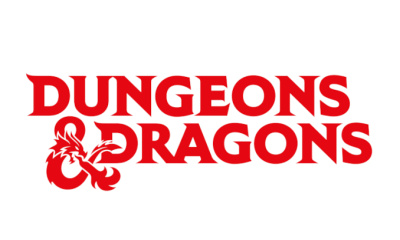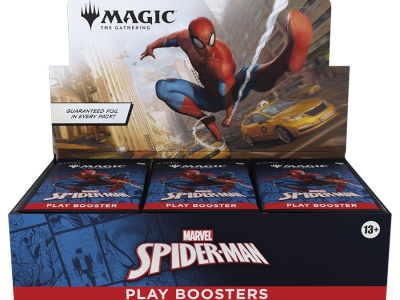Rolling for Initiative is a weekly column by Scott Thorne, PhD, owner of Castle Perilous Games & Books in Carbondale, Illinois and instructor in marketing at Southeast Missouri State University. This week, Scott Thorne looks at the new tariffs on game imports from China.
The game industry has been able to ignore the effects of the trade war between the US and China for the past year, primarily because the tariffs focused on raw materials and processed goods, not products sold to the end user (although the average price of a washing machine rose about $89 last year due to the tariffs, even though there was no tariff on them; manufacturers increased prices on dryers a comparable amount, primarily because consumers generally purchased them as a pair and did not notice the price increase). The latest announcement from the administration of more tariffs on Chinese imports targeting some $300 billion in goods, most of which are consumer goods, means there will be a significant impact on the gaming industry as the goods targeted include HTS 9504.90.6000, chess, checkers and other games played on boards.
If you want to read through the whole proposal, here it is, but in short, due to cost savings, a lot of manufacturers in our industry produce their products in China, making them subject to the tariff increases. Gary Ray, owner of Black Diamond Games, published a blog post back in 2017 looking at his store’s top sellers and where they are produced. Not surprisingly, roughly 80% of them come from China, meaning that, barring some settlement, those companies will be hit with a 20-25% price increase should the tariffs come into effect.
Looking back at tariffs in US history, their use has been tied into the country’s government and economic policy since its founding and before. Britain viewed the American colonies as a source of raw materials for its industries at home and frowned upon the colonists worked to develop their own industry. One of the major complaints by residents of the colonies was the refusal of the British government to allow them to enact tariffs to protect the nascent American industries from outside sources that could undercut them, destroying the developing enterprises before they could grow strong enough to stand on their own.
Not surprisingly, almost immediately after securing independence, the new States passed laws putting tariffs into place, using them as the primary funding source for the federal government. (The previous Articles of Confederation had required the government to fund itself by asking the individual states for money. That worked really well.) Although Britain was the first country to utilize tariffs as a means of protecting its industries, the United States, after its founding, embraced the idea of protectionism far more ardently, with tariffs of up to 40% providing up to 95% of funding for the federal government and making protectionism the country’s economic policy from roughly 1800 until just after World War II, when the US took a much stronger position on the international stage. Liberalizing its trade policy and reducing its reliance on tariffs, the U.S. reduced them to a historic low wherein only 30% of imported goods were subject to tariffs. The process culminated in the North America Free Trade Act, which effectively eliminated tariffs on good passing between the U.S., Canada and Mexico.
So it is not as if the US is unfamiliar with tariffs (your sneakers currently are subject to a 48% tariff and shelled peanuts to a 132% one) insomuch as one is getting slapped on our industry, without giving the companies involved much time to make changes in their supply chains by either moving production back to the U.S. or finding low cost sources overseas. If you want voice your opposition to them, The Toy Association has an online petition you can fill out and submit.
The opinions expressed in this column are solely those of the writer, and do not necessarily reflect the views of the editorial staff of ICv2.com.

Column by Scott Thorne
Posted by Scott Thorne on May 20, 2019 @ 6:34 am CT
MORE GAMES
For Retail
August 25, 2025
Osprey Games unveiled Untamed Worlds , a new RPG book.
'Volume 2' Features New Promo Card
August 25, 2025
Bandai will release Tin Pack Set Vol.2 , for One Piece CG, into retail.
MORE COLUMNS
Column by Scott Thorne
August 25, 2025
This week, columnist Scott Thorne discusses Critical Role's decision to use Dungeons & Dragons 2024 rules over the Daggerheart RPG system in their newest campaign.
Column by Jeffrey Dohm-Sanchez
August 21, 2025
ICv2 Managing Editor Jeffrey Dohm-Sanchez continues to take a look at some of the issues revolving around Universes Beyond products.








